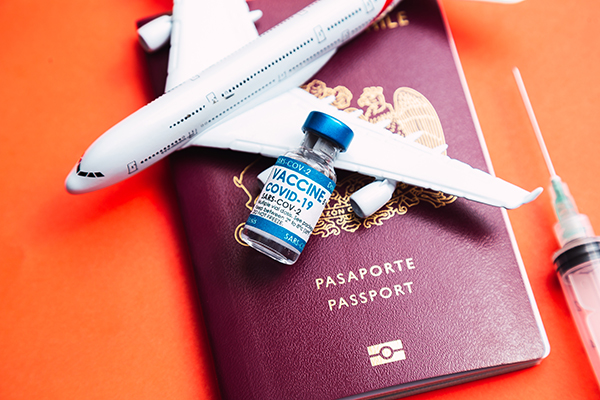
In what it calls a "Drug Safety Communication," the U.S. government agency warned yesterday that repeated or lengthy use of general anesthetic or sedation drugs can have adverse consequences on the brains of kids under age three. Pregnant women in their third trimester who are facing medical procedures are also included in the warning about the risk to children's brains.
The agency, which is sometimes derisively nicknamed Fatal Drugs Allowed, is adding warning labels to these drugs as a way to better inform the public of the risks involved.
"We recognize that in many cases these exposures may be medically necessary and these new data regarding the potential harms must be carefully weighed against the risk of not performing a specific medical procedure," said Dr. Janet Woodcock, the director of the FDA's Center for Drug Evaluation and Research in an accompanying statement.
In the FDA Drug Safety Communication, the agency cited research that such general anesthesia drugs used for more than three hours (the agency's definition of lengthy) caused significant brain-cell loss in pregnant animals and young animals and which affect animal behavior or learning on a long-term basis.
"Studies have also been conducted in children, some of which support findings from previous animal studies, particularly after repeated or prolonged exposure to these drugs early in life," the FDA added, while noting that because of limitations of these studies, other factors may also negatively impact kids' learning or behavior.
The FDA maintains, however, that the one-off use of these drugs for medical procedures is apparently safe and especially in the context of life-threatening conditions that need immediate attention. "Consistent with animal studies, recent human studies suggest that a single, relatively short exposure to general anesthetic and sedation drugs in infants or toddlers is unlikely to have negative effects on behavior or learning."
Sadly, a large cohort of young children will require medically necessary anesthesia for profound conditions, BaptistHealth.net explained. "More than 1 million children under age 4 require anesthesia for surgery in the United States each year, often for conditions such as congenital heart defects or pyloric stenosis, which refers to the narrowing of the opening from the stomach into the small intestine."
Along the lines of this FDA announcement, several years ago Natural News reported that exposure to anesthesia more than once before the age of three appears to significantly increase a person's risk of developing learning disabilities in childhood, according to a study conducted by researchers from the Mayo Medical School and published in the journal Anesthesiology. Among children who had been exposed to anesthesia once before the age of three, the risk of learning abilities was the same as those who had never been exposed. Two anesthesia exposures, however, increased the risk of learning disabilities by 59 percent, while three or more exposures increased the risk by 160 percent.
Similarly, Natural News previously reported that children who receive general anesthesia at a young age are significantly more likely to suffer later from behavioral or developmental disorders, according to a study conducted by researchers from Columbia University and presented at the American Society of Anesthesiologists. Researchers compared 625 children who had been given general anesthesia for a hernia surgery they received before the age of three with 5,000 children who had never been given general anesthesia.The researchers found that children who had been anesthetized at a young age were more than twice as likely to suffer from behavioral, language or other developmental disorders as those who had not.
Sources:
Please contact us for more information.























